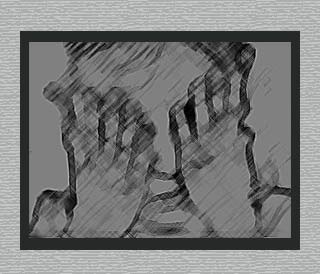
These experts have recognized the different levels of stress that children may go through in their childhood. Seemingly, “tolerable†or “positive†stress can be handled with the help of an adult. This type of stress may apparently even assist the brain in getting accustomed to certain grave circumstances. Quite contrary to this, “toxic†stress may create havoc on the various organ systems including the brain structure. This factor may accelerate the development of diseases linked with this stress, in adulthood.
“Improving the developmental trajectory of a child by helping the parents and improving the home environment is probably the single most important thing we can do for the health of that child. Adverse childhood experience is one of the largest contributors to such chronic health problems as diabetes and obesity, psychiatric disorders, drug abuse — almost every major public health challenge we face,†says Bruce S. McEwen, Alfred E. Mirsky Professor and head of the Harold and Margaret Milliken Hatch Laboratory of Neuroendocrinology, The Rockefeller University.
Certain toxic stress-related risk factors which have been identified include chronic neglect, severe poverty, extreme maternal depression and family violence among others. Therefore it is believed that dealing with such issues during childhood itself may prevent these issues from affecting their adulthood. Interventions to relieve toxic stress in children may be helpful in ensuring their overall physical and societal health.
This study was published in JAMA: The Journal of the American Medical Association.
